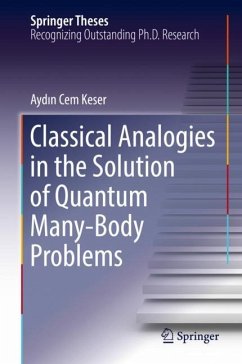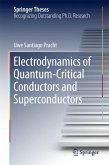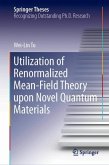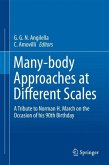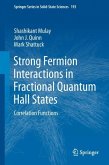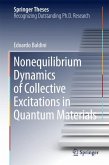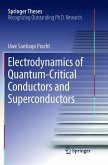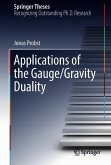This book addresses problems in three main developments in modern condensed matter physics- namely topological superconductivity, many-body localization and strongly interacting condensates/superfluids-by employing fruitful analogies from classical mechanics. This strategy has led to tangible results, firstly in superconducting nanowires: the density of states, a smoking gun for the long sought Majorana zero mode is calculated effortlessly by mapping the problem to a textbook-level classical point particle problem. Secondly, in localization theory even the simplest toy models that exhibit many-body localization are mathematically cumbersome and results rely on simulations that are limited by computational power. In this book an alternative viewpoint is developed by describing many-body localization in terms of quantum rotors that have incommensurate rotation frequencies, an exactly solvable system. Finally, the fluctuations in a strongly interacting Bose condensate and superfluid, anotoriously difficult system to analyze from first principles, are shown to mimic stochastic fluctuations of space-time due to quantum fields. This analogy not only allows for the computation of physical properties of the fluctuations in an elegant way, it sheds light on the nature of space-time. The book will be a valuable contribution for its unifying style that illuminates conceptually challenging developments in condensed matter physics and its use of elegant mathematical models in addition to producing new and concrete results.
Bitte wählen Sie Ihr Anliegen aus.
Rechnungen
Retourenschein anfordern
Bestellstatus
Storno

